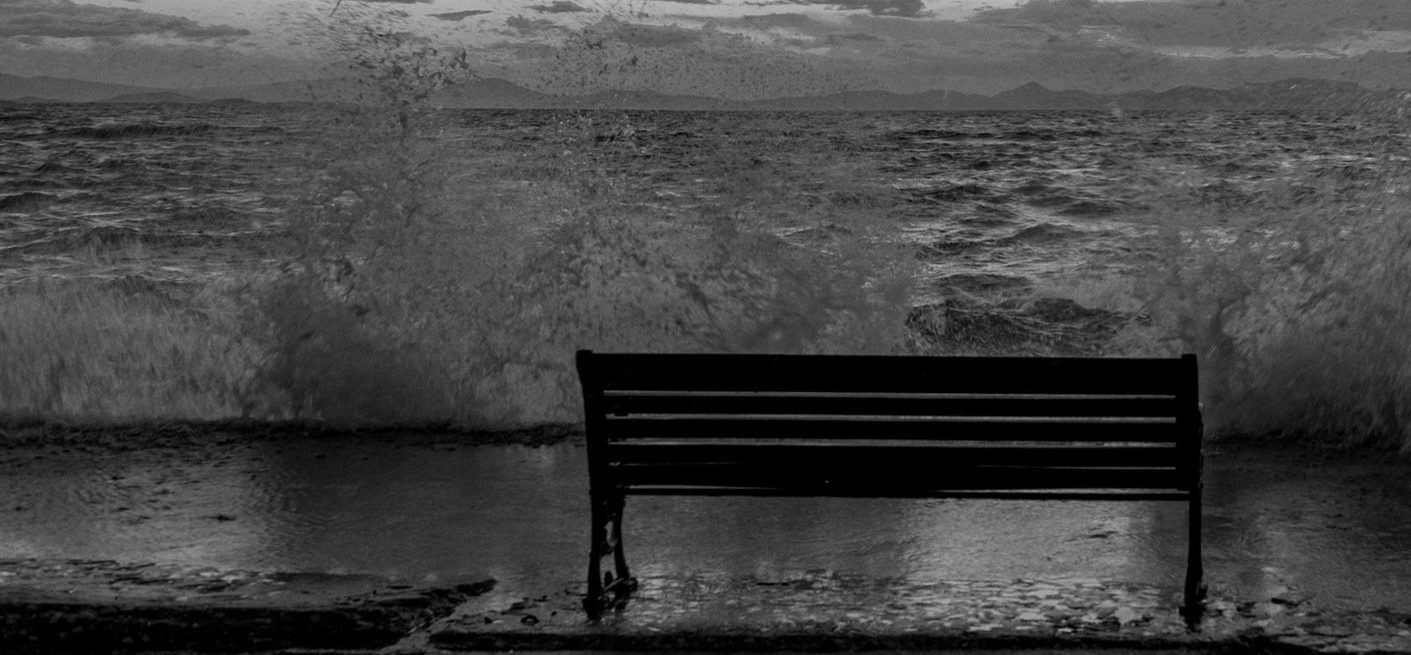Hurricane Season: Common Insurance Coverage Questions Restaurants Should Consider
3 Min Read By William J. Simonitsch
Hurricane Irma walloped Florida leaving millions of businesses without electricity for days, and for some, for more than a week. Commercial property insurance may help these businesses recover damages from the loss of power, but many factors come into play. An insurance policy is a relatively unique contract between a company and its insurer. As a result, the coverage it affords will vary depending on a variety of factors, including the insurer who issued it and the policy form. Additionally, policy endorsements, i.e. amendments, are commonplace and may specifically address utility service interruption and spoilage. Companies affected by power outages should carefully consider the coverage available under their existing policies.
Here are some common questions to consider when assessing a potential claim for damages due to a loss of power under typical commercial insurance policies.
Is Wind a Covered Cause of Loss?Many Florida businesses suffered from the statewide loss of power due…
Sorry, You've Reached Your Article Limit.
Register for free with our site to get unlimited articles.
Already registered? Sign in!


